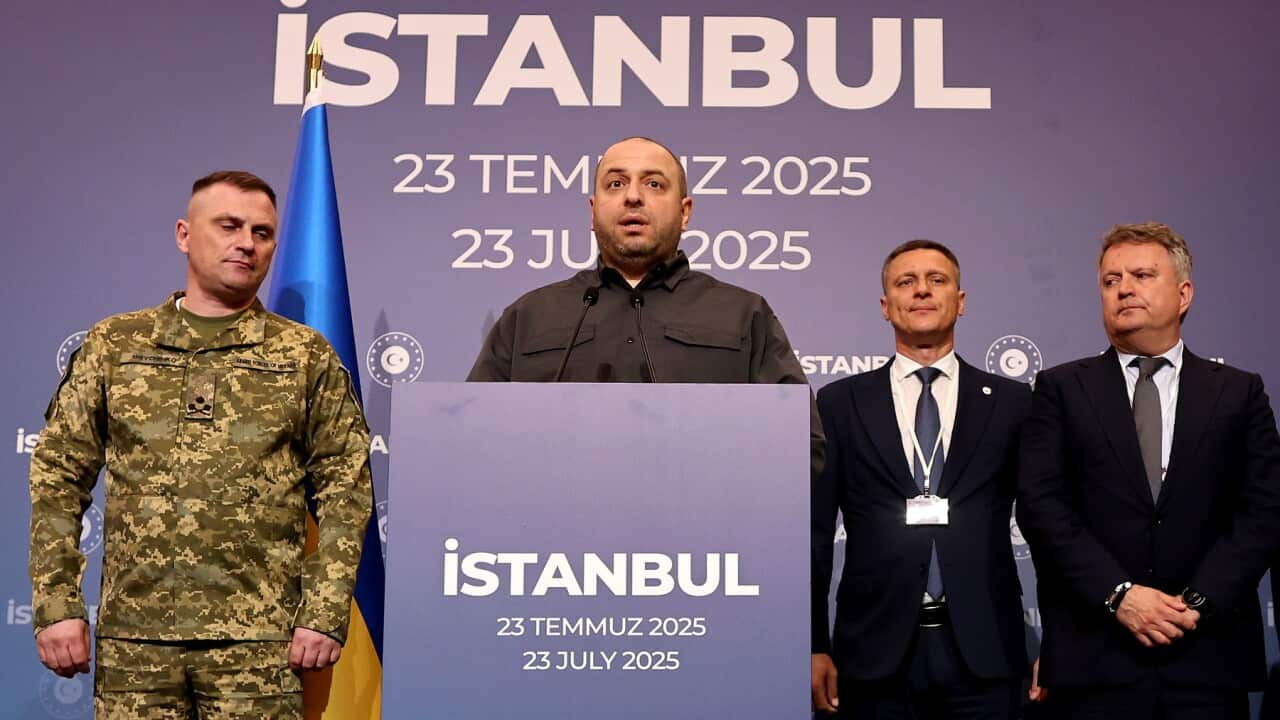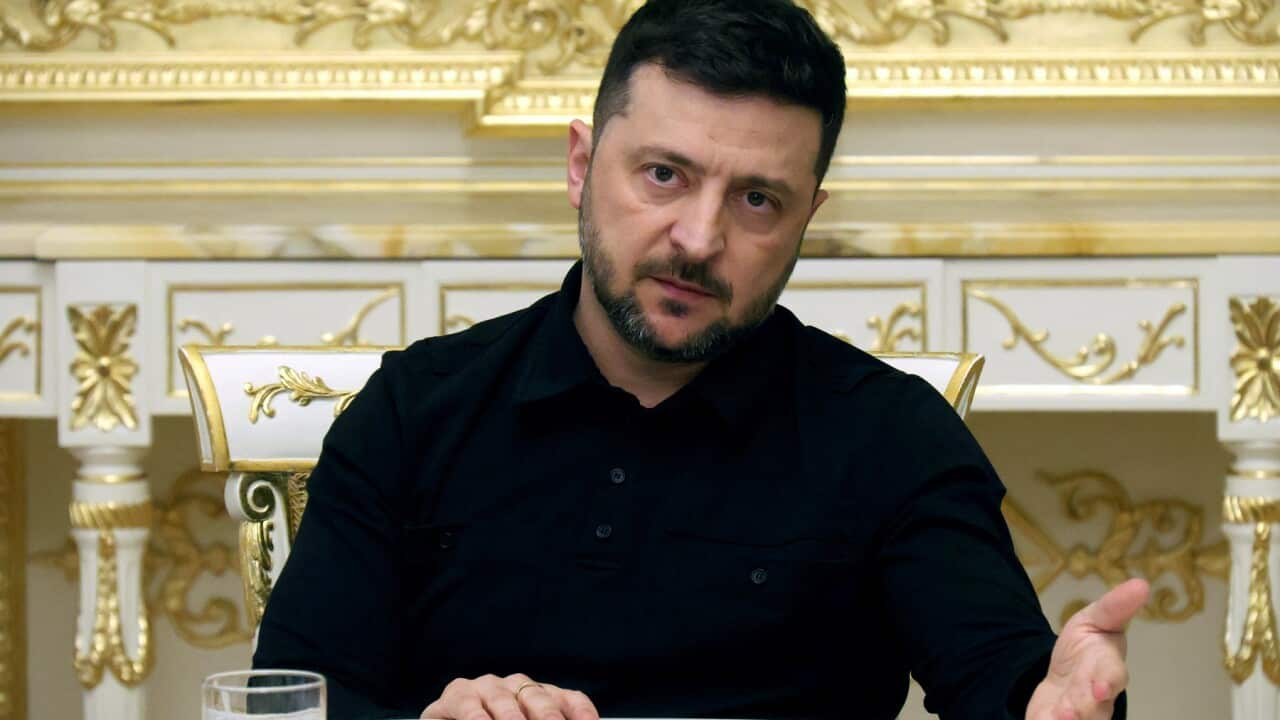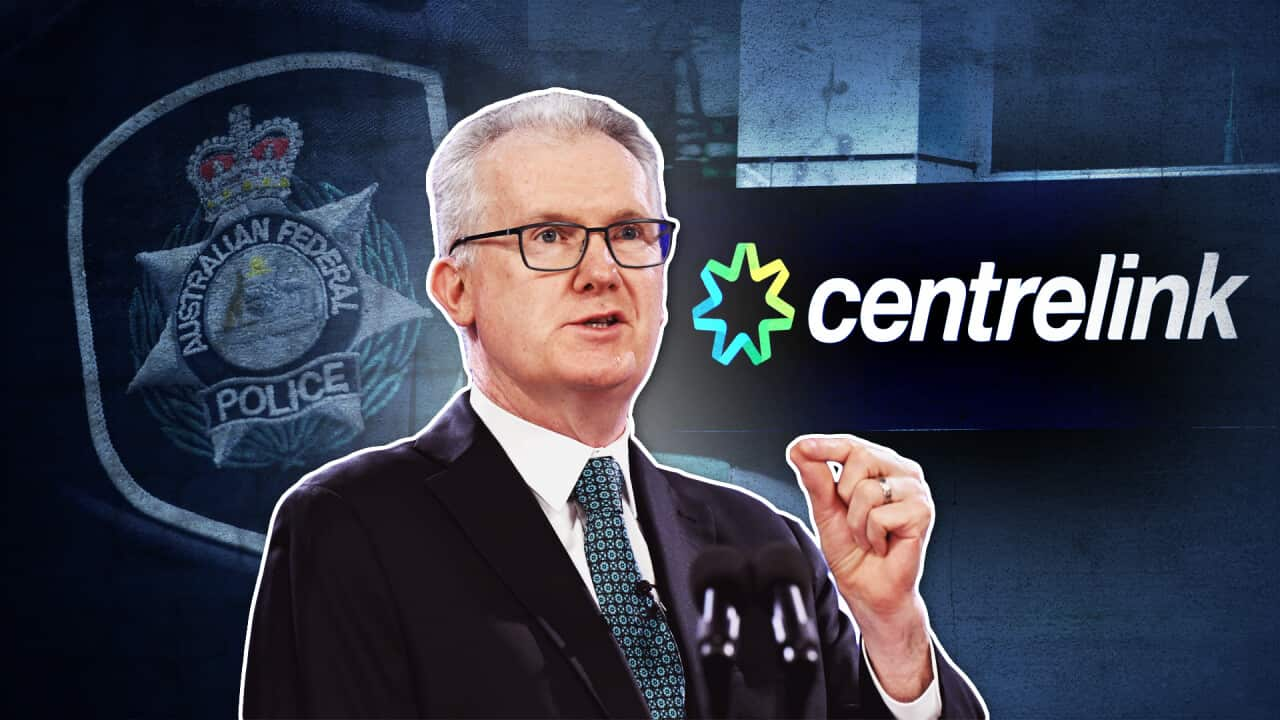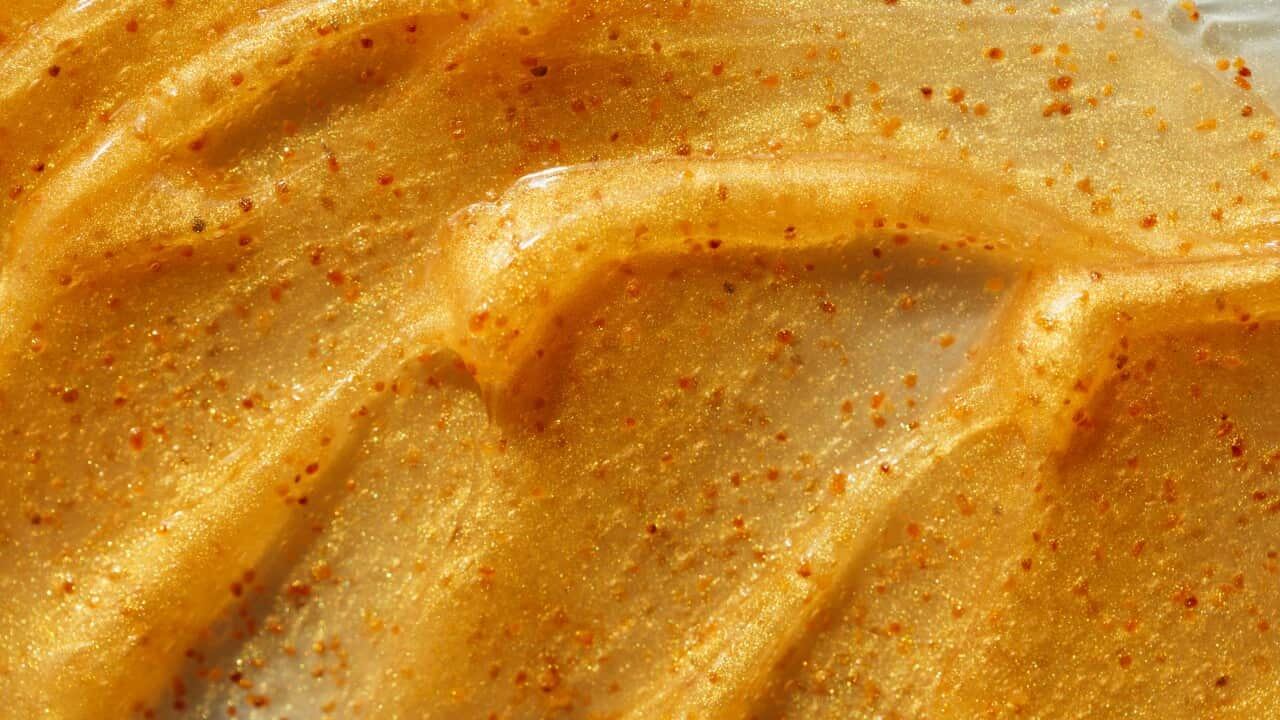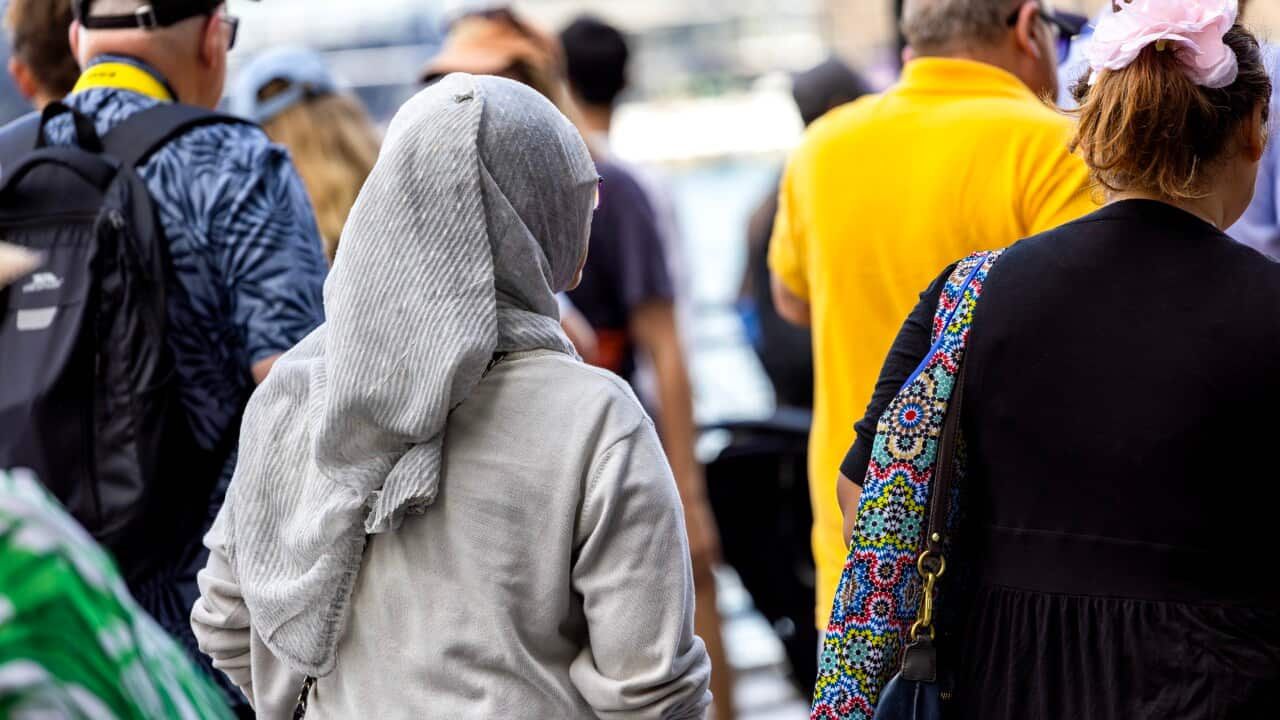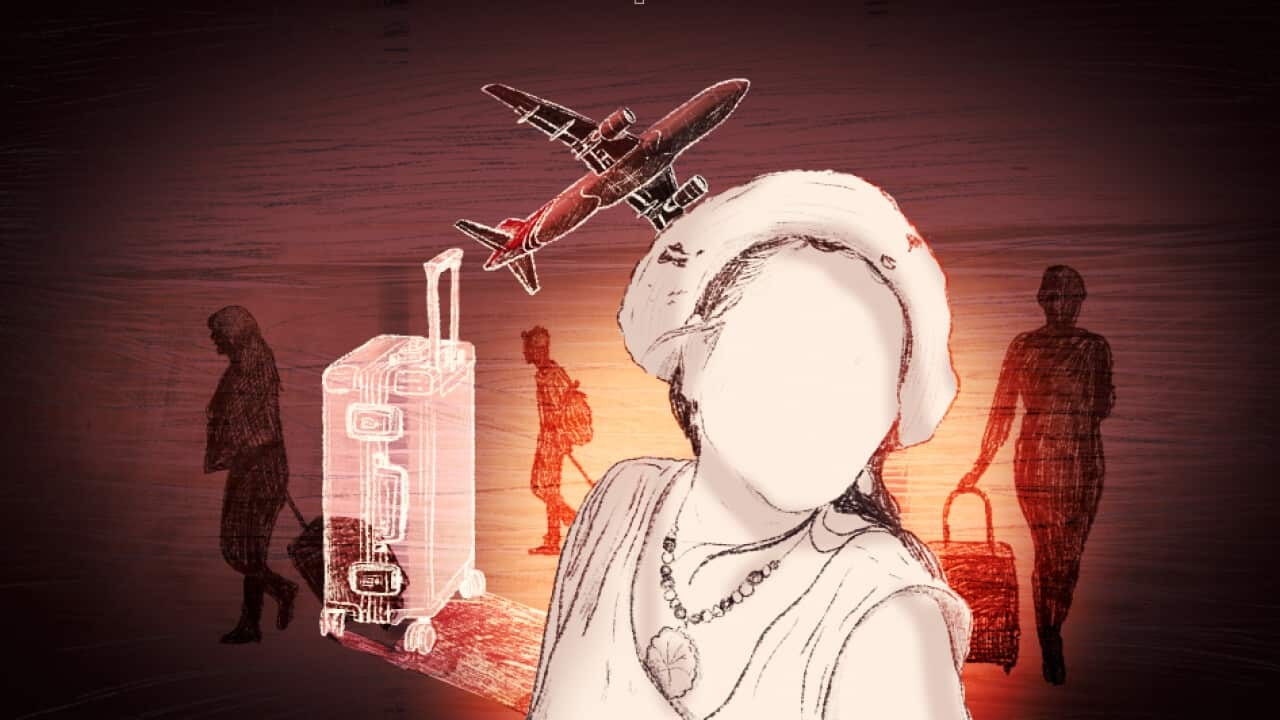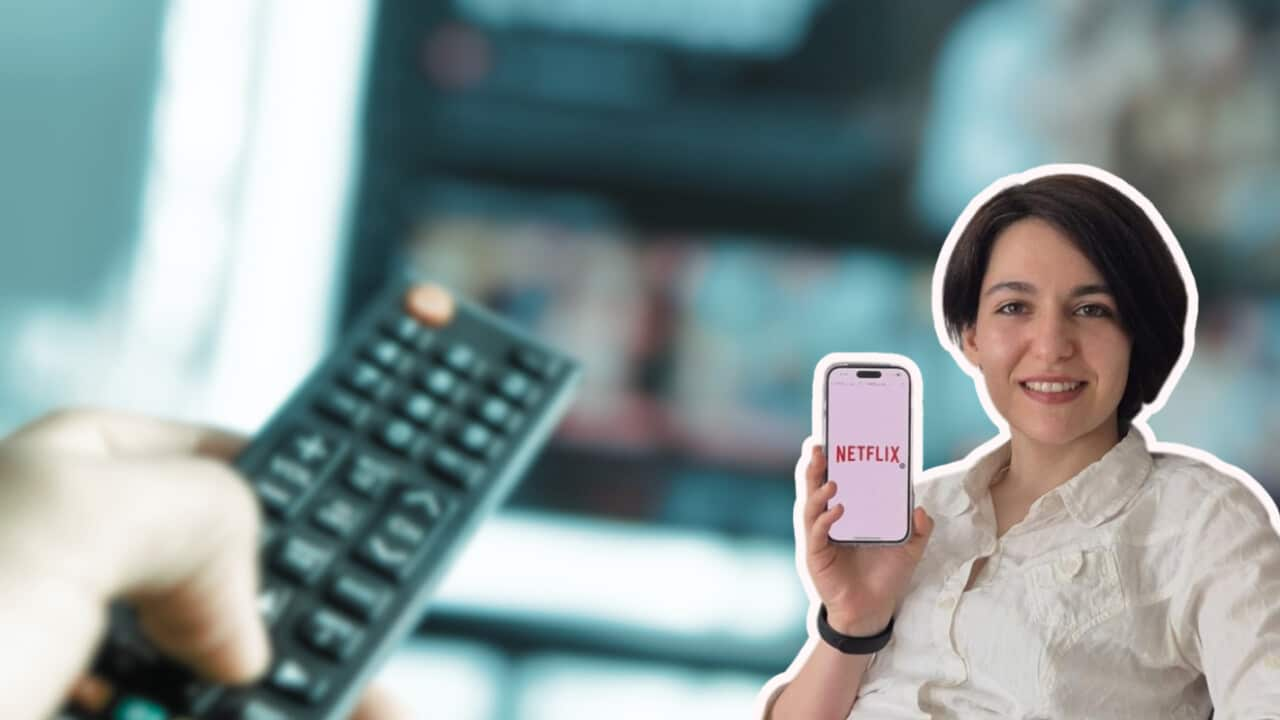TRANSCRIPT
Peace talks between Russia and Ukraine have resumed in Istanbul for a third round, amid cautious hopes for progress, ongoing prisoner swaps, and growing discontent at home in Ukraine.
But despite some gestures of goodwill, the path to peace remains elusive.
The delegations met once again inside Istanbul’s ornate Ciragan Palace, as Turkish Foreign Minister Hakan Fidan opened the day’s talks.
He thanked the leaders involved, including Presidents Vladimir Putin and Volodymyr Zelenskyy for enabling the talks, and praised US President Donald Trump for backing the process.
"We have gathered for the third round of direct talks between Russia and Ukraine, hosted by Turkey. Our goal is to end this bloody war that has a high cost as quickly as possible. We extend our gratitude to Mr. (Russian President Vladimir) Putin and Mr. (Ukrainian President Volodymyr) Zelenskyy for demonstrating their will to make these talks possible, to Mr. (US President Donald) Trump for supporting the process that led to an end to the war, and to all other leaders who have directly or indirectly supported the talks."
Russia and Ukraine delegations last met face to face seven weeks ago.
While those rounds led to prisoner exchanges, they didn’t deliver a breakthrough.
This time, Ukraine is pushing harder for a full and unconditional ceasefire, something it says is essential for any real diplomacy.
Representing Ukraine at the talks, National Security and Defence Council Secretary Rustem Umerov lays out Kyiv’s position.
"Ukraine keeps insisting on a full and unconditional ceasefire as the necessary basis for effective diplomacy. We are ready for a ceasefire now and to start substantive peace negotiations. And it is up to the other sides to accept this basic step towards peace."
And there’s another priority: a summit between resident Zelenskyy and President Putin.
Mr Zelenskyy wants the two leaders to meet directly to put an end to Europe’s largest war since the Second World War.
But Moscow says not so fast.
Vladimir Medinsky, the head of Russia’s delegation says meeting only makes sense after an agreement is already worked out.
“In order for such a meeting (between Russian President Vladimir Putin and Ukrainian President Volodymyr Zelenskyy) to take place, it is necessary to work out the terms of the agreement in advance, to understand what to discuss at this meeting, and in fact, at this meeting it is necessary not to discuss the agreement, but to put a period, to sign. You know, as we say, the end crowns the work. A meeting in order to discuss all this from scratch again makes no sense.”
Still, there have been signs of limited cooperation.
President Zelenskyy announced that more Ukrainian prisoners of war have returned home, many of them ill or severely wounded, some held in captivity for more than three years.
Footage released by the Ukrainian presidential press service shows them stepping off buses, draped in flags, chanting “Glory to Ukraine!”
And Russia, too, says it's ready for more swaps.
But there are disagreements over the fate of civilians, especially children.
Mr Medinsky claims many listed Ukrainian children were never in Russia and may now be scattered across Europe.
It’s a sensitive topic, with human rights groups urging transparency and speed.
But while Kyiv navigates war and diplomacy, tensions are rising at home.
For the first time since Russia’s full-scale invasion in 2022, anti-government protests have erupted, not over the war itself, but over a controversial anti-corruption law.
In the western city of Lviv, around 1,500 demonstrators gathered, many of them young, many of them angry.
They accused the government of undermining the very institutions Ukraine needs to align with the European Union.
The law, signed by President Zelenskyy, gives the president greater control over the bodies that investigate corruption.
Yana, a protestor, says it’s a step backwards.
“And I don't like that the government is now taking away this opportunity from us, our future, which we are actually fighting so hard for, gnawing away at Russia. I want us all to be in the European Union, that's why we are here.”
Critics say weakening anti-graft watchdogs risks alienating key Western allies.
As one protester put it, Ukraine can’t afford to lose support at such a critical phase of the war.
Mr Zelenskyy responded by convening top anti-corruption officials.
He promised a new plan to protect the autonomy of watchdogs with proposed legislation expected within two weeks.
In his nightly address, the president acknowledged the backlash, saying Ukraine must strengthen the rule of law.
"We agreed that the heads of these institutions will jointly propose an action plan – a plan of concrete steps that can strengthen the rule of law in Ukraine. Of course, everyone has heard what people are saying these days – what they are saying on social media, to each other, on the streets. It's not falling on deaf ears. We’ve analysed all the concerns, all the aspects of what needs to be changed and what needs to be stepped up."
